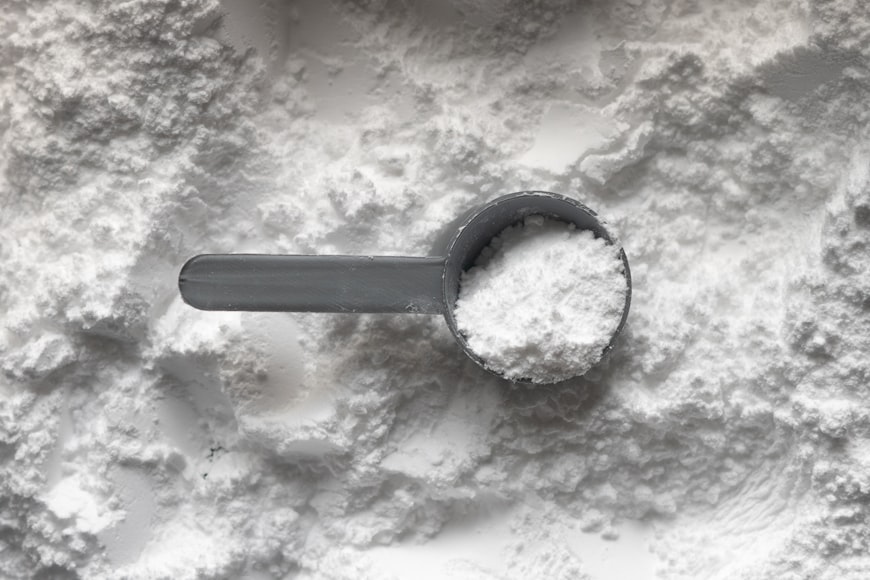Johnson & Johnson, one of the world’s largest consumer goods manufacturers, is currently facing thousands of lawsuits related to their talcum powder products. The controversy centers around allegations that talcum powder contains asbestos, a carcinogen that can cause cancer when inhaled.
An article released by the American Cancer Society states that research conducted on both humans and laboratory animals has indicated that asbestos exposure can elevate the risk of developing certain types of cancer.
In this article, we will explore the role of law firms in these lawsuits, the legal implications for Johnson & Johnson, and what consumers need to know to stay informed.
The Role of Law Firms
Law firms across the country are currently representing thousands of individuals who claim to have developed cancer after using Johnson & Johnson’s talcum powder products. These law firms investigate claims, gather evidence, and prepare cases for trial. Many law firms have experience representing clients in similar cases involving asbestos exposure and other harmful products.
Law firms have taken to social media and other online platforms to share information and raise awareness about the Johnson & Johnson talcum powder lawsuits. Many law firms like TorHoerman Law have also utilized blog posts, articles, and other forms of content marketing to educate the public about the legal implications of the Johnson & Johnson talcum powder lawsuit.
It’s worth noting that law firms have a responsibility to act ethically and in the best interests of their clients at all times. While some firms may use creative marketing strategies to attract clients, it’s important for them to be transparent and honest about their services, fees, and capabilities.
Legal Implications for Johnson & Johnson
The number of talcum powder lawsuits against Johnson & Johnson continues to grow. As of 2021, the company has paid out billions of dollars in settlements and verdicts related to talcum powder lawsuits. The company has also faced regulatory action from the FDA and other agencies. The lawsuits have resulted in damage to the company’s reputation and could have long-term financial consequences.
As per a recent update shared by CNBC, Johnson & Johnson has announced its decision to pay $8.9 billion over the next 25 years to settle the talcum powder cancer allegations. The article further notes that over 60,000 claimants have agreed to support the proposed settlement, which will need to be approved by the bankruptcy court.
The pharmaceutical giant has, however, made it clear that the settlement agreement was not an admission of guilt. It was more about how the plaintiffs’ claims would have ultimately cost a lot of money and taken decades to resolve.
What Consumers Need to Know
Consumers who have used Johnson & Johnson’s talcum powder products should be aware of the potential risks. The company has faced allegations of withholding information from consumers about the potential dangers of its products. Consumers should check product labels for any warnings related to talcum powder use and speak with their healthcare provider if they have concerns about exposure.
TIME recently reported in April 2023 that talc is not banned in the United States. However, numerous baby powder brands have shifted to using cornstarch instead, as it serves as a natural absorbent in cosmetics. Although cornstarch is deemed to be a safer option than talc, some experts caution that it still poses potential health hazards.
Cornstarch: Not the Ultimate Solution
It’s crucial to remember that while cornstarch is frequently viewed as a safer option to talcum powder, there are still certain risks involved. Cornstarch can still have negative health effects if inhaled in large amounts, even while it may lessen the chance of exposure to potentially dangerous substances like asbestos.
Cornstarch particles are larger than talcum powder particles, which can make it harder for the body to expel them if they are inhaled. Prolonged inhalation of cornstarch can result in respiratory problems such as lung irritation and inflammation. Furthermore, the use of cornstarch in intimate areas can promote yeast growth, leading to infections.
Conclusion
The Johnson & Johnson talcum powder lawsuits have shed light on the potential risks associated with consumer products and the importance of transparency in the industry.
While Johnson & Johnson’s decision to settle may bring some relief to those affected, it’s essential for consumers to remain informed about the potential health risks associated with product use.
As a society, we must continue to advocate for safer products and increased accountability from manufacturers to ensure that consumer health and well-being remain a top priority.

